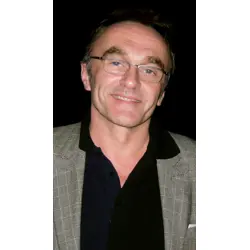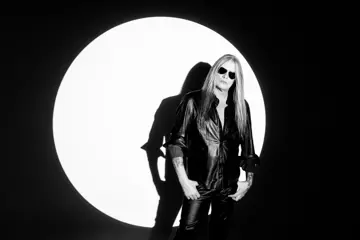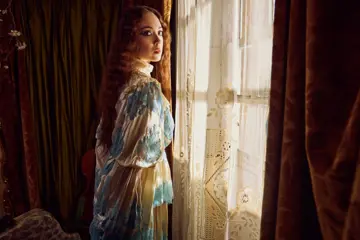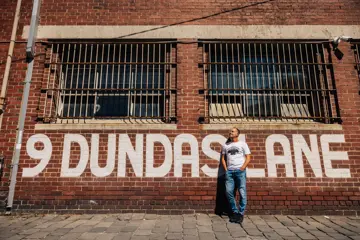 Danny Boyle
Danny BoyleSimon (James McAvoy), an employee of an art auction house, has been coerced into stealing a very expensive Goya painting in order to pay off a debt to French tough-guy Franck (Vincent Cassel). The plan goes awry when Simon is knocked unconscious and forgets where he left the painting. Cue Dr Elizabeth Lamb (Rosario Dawson), the supposedly unassuming hypnotherapist who leads the movie gently down a path of false assumption, revealing its true nature in the process. “It wasn't so much the art heist that interested me, although it was fascinating to do that,” Danny Boyle explains, “…it was more the idea that the film, especially once Rosario joins, is a series of trances that you begin increasingly incapable of distinguishing.”
This movie pulls carpets out from underneath you, destroying what was a false sense of comfort, and throwing you into a world of forgotten memory, extreme violence, and destructive obsession – it's not about a stolen painting, more stolen memories and the power of hypnosis. To give it an extra air of authority the cast underwent hypnotherapy. However, it didn't work and they are not in the five per cent of the population who are supposedly highly susceptible to it – like Simon and perhaps Rosario Dawson's friend. As Dawson tells it, playing a CD of her recorded trances in the car her friend was driving nearly caused a crash – “My friend goes, 'I think we're going to get into an accident, I feel really relaxed, like I'm not here, and I think you're putting me under' and I was like, 'Yes! This is working!'”
Trance's characters are multi-layered, adding another element of mystery to the proceedings. The viewer is forced to constantly switch allegiances and question whom – if anyone – is actually a decent person. The criminal gang who are so passionately infused with retrieving the valuable piece of art feel more real than your average East End rent-a-geezer, and the film is all the better for it. Vincent Cassel's character Franck, the proposed villain of the piece, is a thoroughly likeable guy. “I never really saw him as a criminal, but more as a businessman,” Cassel muses, “he could be anybody's uncle.”
A modern take on the classic film noir genre, the movie features some beautifully evocative shots of London's Docklands. The classic themes are all there – betrayal, sexual tension, moral uncertainty. The not-so-traditional update is of course the psychological element and the use of hypnotherapy. This is an interesting way to expand on the genre and every element of the movie adds to its trance-like confusion, distorting the viewer's reality and engaging them in the puzzle. “Everything's designed to induct you without you realising it, into pleasure, into enjoyment,” Boyle exclaims. “It's all meant to make you get lured into the film, because films are trances really, they're illusions that we enter into and believe.”
Just don't forget to go see it, because that can happen.
In cinemas from Thursday 4 April.
Don't miss a beat with our FREE daily newsletter















